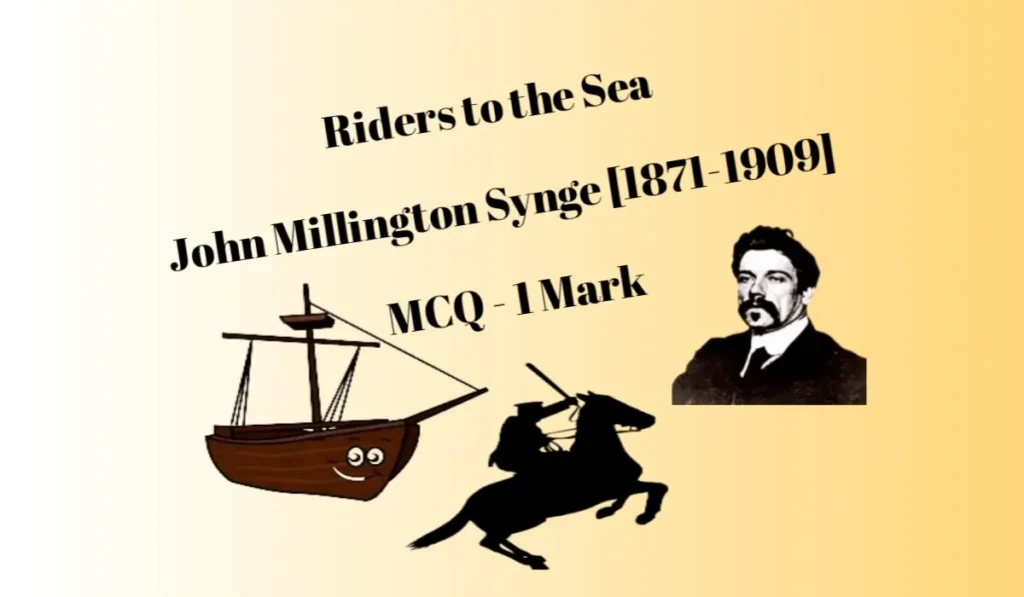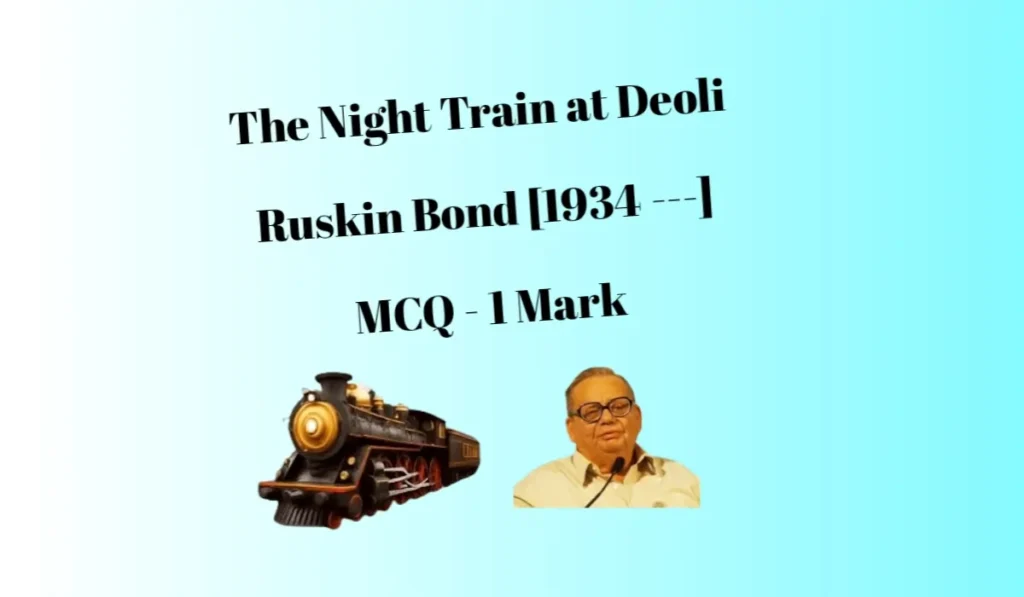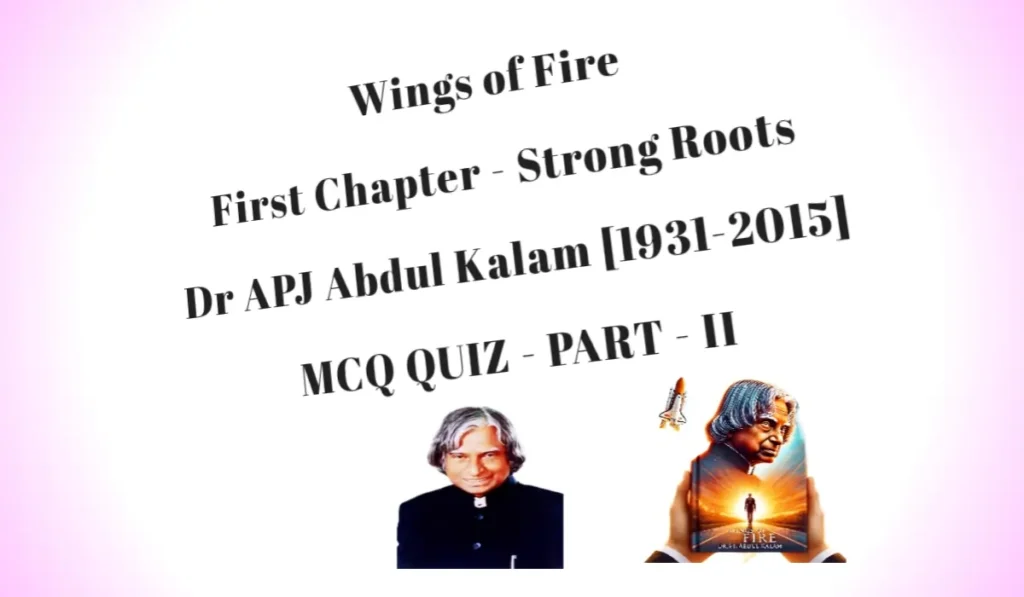History Of English Literature
Question : Essay-type
Give a short account of the growth of the Twentieth Century Poetic Drama.
Introduction
Besides the realistic plays of G. B. Shaw, John Galsworthy, and Harley Granville Barker, there arose a type of drama in the first half of the twentieth century that is called Poetic Drama. In this century there were few trends emerged very clearly in the field of writing. The most important among these trends was to use the medium of poetry as the medium of drama.
The most distinctive definition of Poetic Drama perhaps is given by Lascelles Abercrombie, one of the major exponents in the field of Poetic Drama. The definition is under below.
“A poetic play is not a play that might have been written prose but happens to be written poetry…….no, the kind of play, I mean, is one in which one feels that the characters themselves were poetry before they began to speak poetry.”
Origin Of The Poetic Drama
Poetic Drama was its origin in English Literature to the beginning of drama in which we find an introduction of the vast medium of poetry as a medium of drama. The entire Elizabethan drama comprising Shakespeare, Marlowe, and later many attempts were also made for the poetic or romantic drama by the romantic poets like Wordsworth, Shelley, Byron, and Keats but they could not leave a significant mark.
Major Exponents Of The Poetic Drama
Important exponents were W. B. Yeats, John Millington Synge, T. S. Eliot, Christopher Fry, and Lascelles Abercrombie. They chose poetry as a medium of expression.
W. B. Yeats
W. B. Yeats was perhaps first to think of poetry as a medium of drama in the modern era. His play, “The Countess Cathleen” is the story of an Irish countess who sold her soul to save her people. The play is not known for its dramatic mastery but was a huge success on stage. His play, “Deirdre” is a tragic play. Yeats was influenced by the Japanese, no plays. “Calvary With The Resurrection”, “Purgatory” and “The Death Cuclulain” are all peculiarly impressive symbolic plays which are impractical for the stage but are known for their haunting suggestiveness. The language is colloquial and ritualistic.
J. M. Synge
The first major name after Yeats’ is that of Synge’s. His major plays are “Riders To The Sea”, “The Playboy Of The Western World” and “Deirdre Of The Sorrows”. Synge used the typical Irish country people’s speech and the imagination of the Irish to explore the mindset of the modern age and represented realism. In his preface to “The Playboy Of The Western World” he wrote, on the stage, one must have reality; in a good play every speech should be as full flavoured as a nut or apple and such speeches are poetic. Indeed, his Playboy is a triumphant comedy and a realistic “Criticism of Life”. “Riders To The Sea” is a brilliant short tragedy and a linguistic masterpiece whereas Deirdre is monotonous and ritualistic.
Lascelles Abercrombie
Abercrombie alleged that nineteenth century prose drama is an aspect of materialistic culture. “Deborah” by Abercrombie is famous for its use of common language to interpret common life. This was a first for its kind.
Gordon Bottomley
Gordon Bottomley followed suit to the tradition very carefully. It was in the 1930 that there was an unprecedented development in verse drama. Gordon Bottomley examined moral questions of good and evil through stories. His prose of his dramas is enriched by poetic imagery and use of symbolism.
T. S. Eliot
Eliot drafted a play about Sweeney in 1924 and the fragments were united in 1926 and in 1927 as “Sweeney Agonists”. His poems like “Prufrock” and “The Waste Land” have dramatic intuitions which developed first in the pageant play named “The Rock”. His first well-integrated play was “The Murder In The Cathedral”. The play was performed in the Chaptered House of the Canterbury Cathedral. It has a very distinct ecclesiastical character and sermonical in nature. His next play “The Cocktail Party” no longer uses the chorus apart from one chant. The play was a huge success on stage for its dramatic skillfulness. It can be read as a Comedy of Manners. “The Confidential Clerk” took up the theme of mistaken identity. His last play “The Elder Statesman” is a melodramatic piece in which Eliot shows how far verse can be brought towards conversational prose without actually falling over the age–a remarkable balancing feet.
W. H. Auden [1907-1973] & Christopher Isherwood [1904-1986]
W. H. Auden in collaboration with Christopher Isherwood, composed “The Dance Of Death”, “The Dog Beneath The Skin”, “The Ascent Of F.6” and “On The Frontier”. The history of collaborative plays is not a very long one. But these plays are very well combined, they have the political and poetical agility of Auden and the dramatic talents of Isherwood. “The Ascent Of F.6” describes an expedition to a mountain named F.6 which was previously experiment employing dance and mime are worth nothing.
Christopher Fry
Christopher Fry was another poetic dramatist. He received success with his imagery, wit, characterization, fashionable exhibitionism and using contemporary themes not only as literary piece but on the stage also. The dramatic element is strong in his plays. His plays are “The Boy With A Cart”, “A Phoenix Too Frequent”, “The Lady’s Not For Burning”, “Venus Observed” and “A Sleep Of Prisoners”.
Conclusion
Poetic Drama was revived in the first half of the twentieth century, but it did not have a very long association with the English stage. Very few of these got success on stage but they are known for setting a new trend and also living a literature, which is rich and powerful, and a document of the experimentation and innovativeness of the modern poets.








